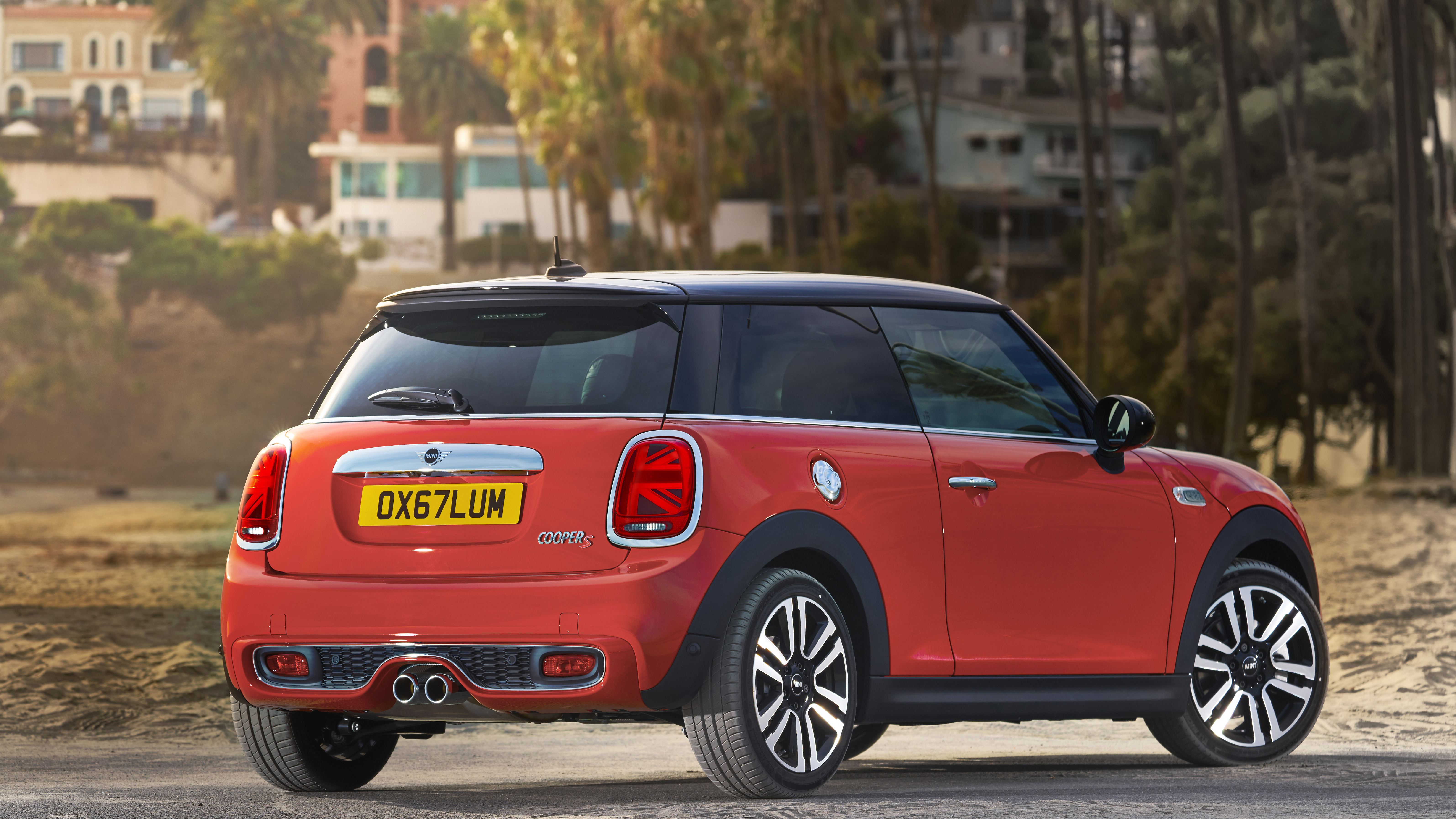Recreational vehicles (RVs) offer freedom and adventure, but they also come with unique challenges, particularly when it comes to space and energy management. One of the most essential appliances in an RV is the refrigerator, as it provides a means to store perishable food and beverages, enhancing the overall experience of road travel. Energy-efficient mini RV refrigerators have emerged as a solution to these challenges, offering compact sizes without sacrificing performance. This article delves into the benefits of these refrigerators, their energy efficiency, and how they save both space and power on the road.
The Importance of Energy Efficiency in RV Refrigerators
Energy efficiency is crucial in RVs for several reasons:
- Limited Power Supply: Most RVs run on a mix of battery power, propane, and shore power. Energy-efficient appliances can maximize the use of these limited resources.
- Cost Savings: Reducing energy consumption translates to lower operational costs. This is particularly important during extended trips.
- Environmental Impact: Lower energy usage leads to a reduced carbon footprint, aligning with the growing trend of sustainable travel.
Why Choose a Mini Refrigerator for Your RV?

Mini refrigerators, specifically designed for RV use, offer several advantages over standard-sized models:
- Space Saving: Mini RV refrigerators are compact, allowing for more efficient use of limited space within the vehicle.
- Weight Efficiency: Lighter than traditional RV fridges, mini models reduce the overall weight of the RV, which can enhance fuel efficiency.
- Tailored Features: Many mini RV refrigerators come with features catering specifically to RV users, such as dual power options (AC and DC) and energy-saving modes.
Key Features of Energy Efficient Mini RV Refrigerators

When selecting a mini RV refrigerator, several features contribute to energy efficiency:
- Insulation: High-quality insulation minimizes temperature fluctuations, which helps maintain coolness without consuming extra energy.
- Compressor Technology: Modern mini fridges often utilize advanced compressor systems that operate efficiently and reduce energy usage.
- LED Lighting: Energy-efficient LED lights consume significantly less power than traditional bulbs, providing illumination without draining resources.
- Smart Temperature Control: Many models feature digital thermostats that optimize cooling performance based on usage patterns.
For example, the Dometic CFX 75Duo is a popular choice among RV enthusiasts. It combines high-performance cooling with energy-efficient technology, featuring a robust compressor and a Bluetooth app that allows for remote temperature control. This model is designed to use minimal power, making it ideal for off-grid camping.
Real-World Case Studies: Saving Space and Power
To illustrate the advantages of energy-efficient mini RV refrigerators, let’s explore a few real-world case studies:
Case Study 1: The Johnson Family

The Johnson family decided to upgrade their RV refrigerator to a mini energy-efficient model during a cross-country road trip. They chose a model that offered both AC and DC power options, allowing them to switch based on their power source.
- Before the upgrade, their standard fridge consumed approximately 200 watts per day.
- After switching to a mini energy-efficient model, their daily consumption dropped to around 100 watts.
- This resulted in a 50% reduction in energy use and extended the life of their RV battery significantly.
Case Study 2: Solo Traveler Adventures

A solo traveler named Emma opted for a mini RV refrigerator to maximize her limited space and weight allowance. She selected a model with high insulation and a smart temperature control system.
- Emma found that her new fridge kept food fresher for longer, reducing food waste.
- Her energy bill for her RV during a month-long trip dropped by roughly 30% compared to her previous trips with a traditional fridge.
- The fridge’s compact size allowed her to create additional storage space for other essentials, enhancing her overall travel experience.
Statistics Supporting Energy Efficiency

Several studies and surveys highlight the benefits of energy-efficient appliances, including mini RV refrigerators:
- A study from the U.S. Department of Energy states that energy-efficient refrigerators can save consumers up to $300 per year on electricity bills.
- According to the U.S. Environmental Protection Agency (EPA), ENERGY STAR® certified appliances use about 15% less energy than their non-certified counterparts.
- Research by the National Renewable Energy Laboratory found that implementing energy-efficient technologies in RVs can lead to a reduction of over 25% in overall energy use.
Choosing the Right Mini RV Refrigerator

When selecting a mini RV refrigerator, consider the following factors:
- Size and Capacity: Evaluate your space requirements and the amount of food you plan to store.
- Power Source: Choose a fridge that can operate on both AC and DC power for maximum flexibility.
- Energy Rating: Look for models with high energy efficiency ratings, such as ENERGY STAR certification.
- Additional Features: Consider features like adjustable shelves, temperature controls, and noise levels to ensure it meets your needs.
Energy-efficient mini RV refrigerators offer a practical solution for travelers seeking to maximize space and reduce power consumption. Their compact design, coupled with advanced technology, not only enhances the RV experience but also contributes to cost savings and environmental sustainability. Real-world examples demonstrate significant reductions in energy use, allowing RVers to enjoy longer trips without the worry of draining their power supply or compromising on food quality.
As the demand for sustainable travel continues to rise, investing in an energy-efficient mini RV refrigerator is a smart choice for anyone looking to enhance their adventures on the road. By prioritizing energy efficiency and space-saving designs, RV enthusiasts can enjoy all the comforts of home while minimizing their ecological footprint.